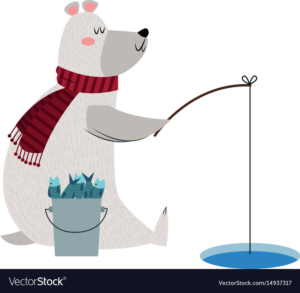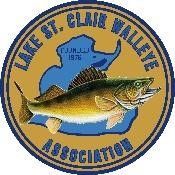Come Ice Fishing with the Lake St. Clair Walleye Association
If you are starting to get cabin fever as winter continues to roll through, the Michigan DNR may have just the cure. Twice a year, the Michigan DNR offers a free fishing weekend for people who may not already be anglers to have the opportunity to try their hand at fishing. There is a winter weekend and a summer weekend. As you may have guessed, the winter weekend is coming up.
The weekend of February 19 and 20 is a free fishing weekend in Michigan. This weekend provides a chance for people to get out on the ice and learn what fishing is all about-no boat necessary. Recognizing this is a great chance to introduce people from around the state, many MUCC affiliate clubs host fishing events during this time. One of those clubs is the Lake St. Clair Walleye Club.

The Lake St. Clair Walleye Association joined by MUCC staff will be holding an annual children’s fishing event on Sunday, February 20, 2022. The second day of the free fishing weekend.
The event will take place at Lake St. Clair Metropark (formerly Metro beach) and registration will take place at the seawall shelter.
The event will run from 9 AM-2 PM.
There will be plenty of volunteers on hand to help with ice fishing lessons and teaching kids and families about how to be safe on the ice. Necessary gear will also be provided.
The club will also be giving away snacks and prizes for many of the children in attendance. MUCC staff will be assisting with the fishing and passing out TRACKS magazines.
While youth 16 and under don’t need to purchase a fishing license, normally parents accompanying a youth fishing still need to be licensed. This weekend allows everyone to fish with no license required.
All children must be accompanied by a parent or guardian during their attendance at the event.
There is a daily $10 entrance fee to enter the metropark.
For more information on the club visit, LSCWA.net
The post Come Ice Fishing with the Lake St. Clair Walleye Association appeared first on Michigan United Conservation Clubs.
Recent Posts



